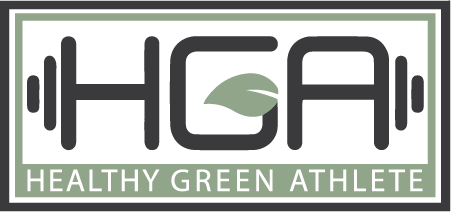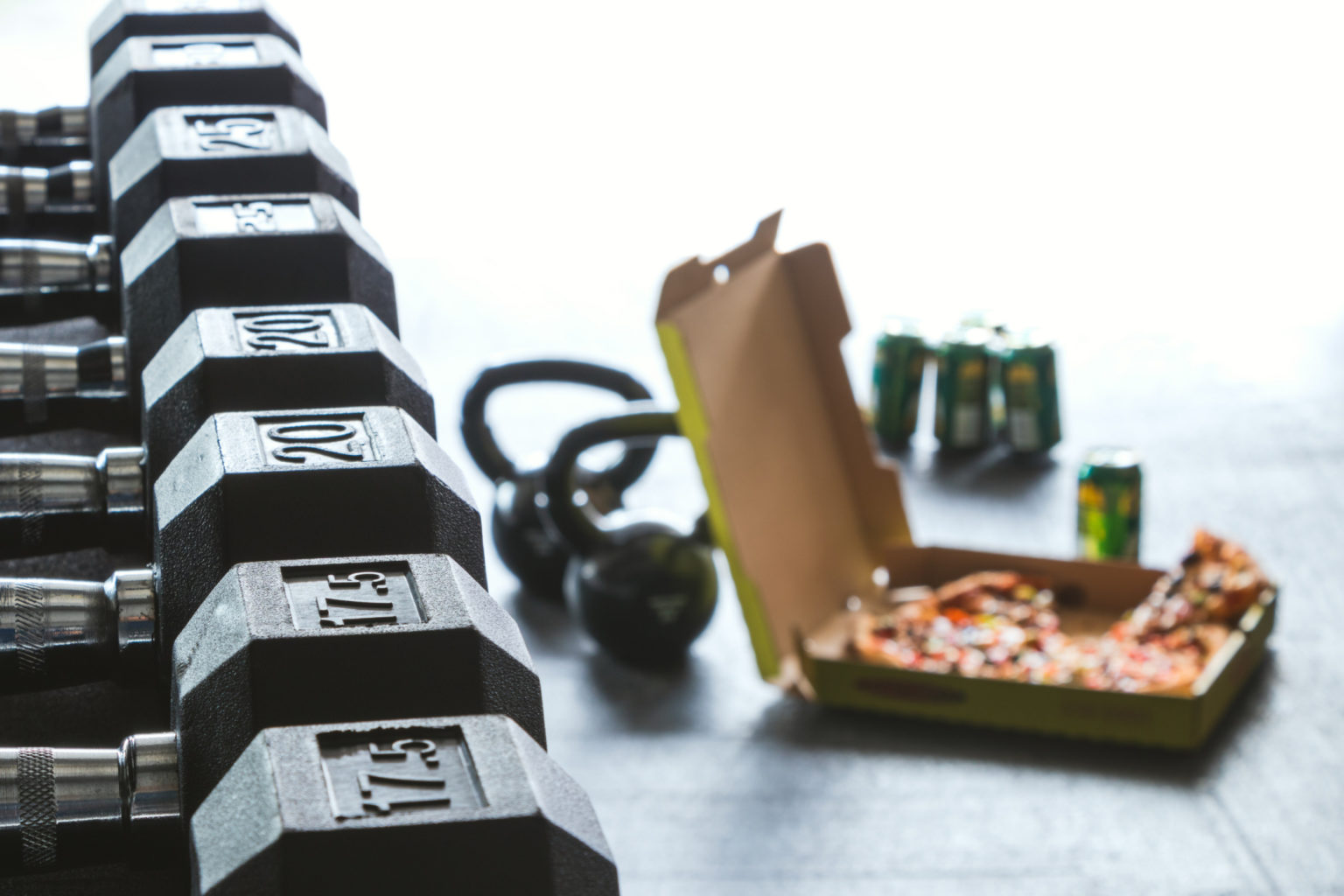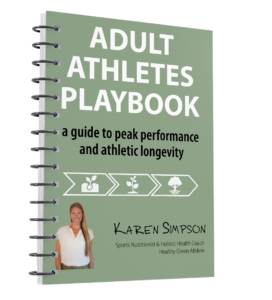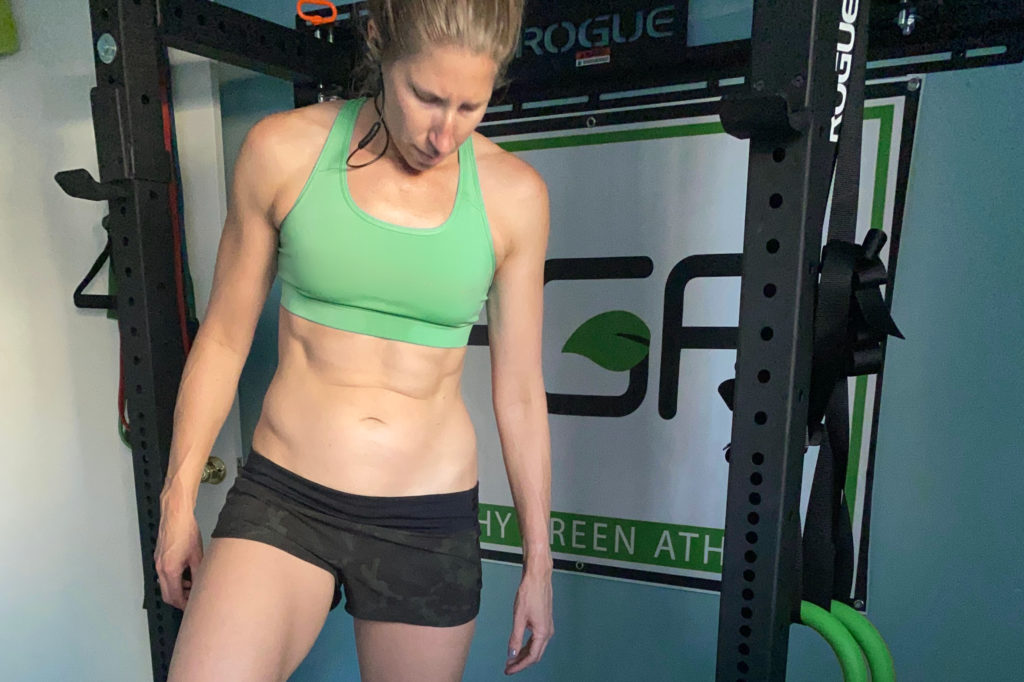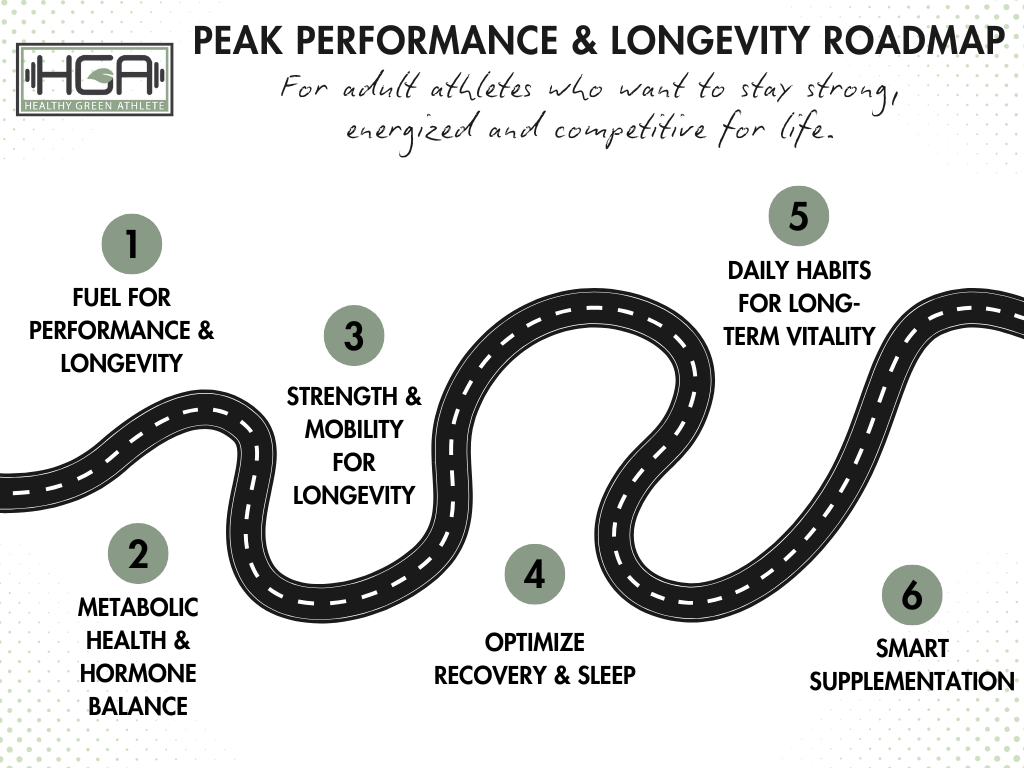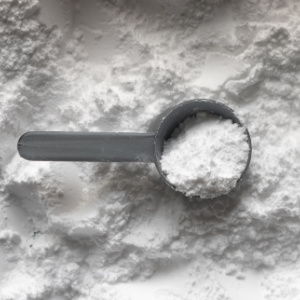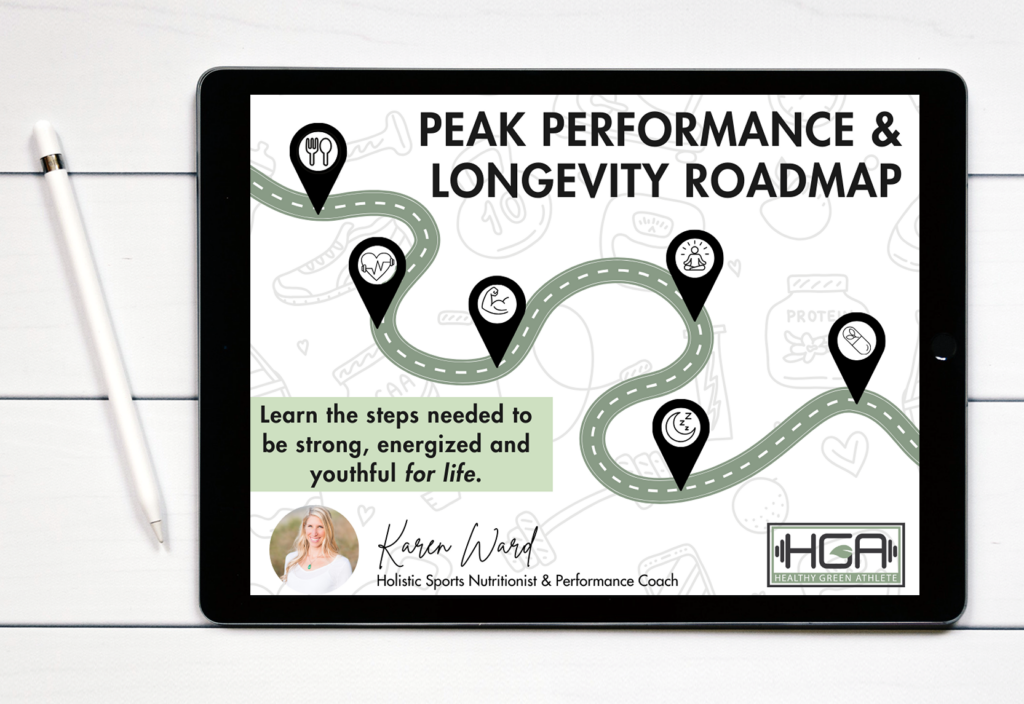A pre-workout meal is one of the most important steps in living and maintaining a healthy lifestyle. This article is for anyone who wants to live an active and healthy life.
What you eat before a workout or competition will serve as your fuel for the activity. The timing of consumption, quality of food, type of macronutrients, and amount of food consumed will all play a role in delaying fatigue. If you eat too much food too close to the activity, you may feel sluggish. If you don’t eat enough food before a workout, you’re more likely to reach fatigue sooner and may even feel lightheaded.
When planning your meals, it’s important to think about the composition of the meal and the portion size. Regardless of timing, you’ll always want to consume a meal that has a majority of carbohydrates (55-65% carbs). A healthy source of carbohydrates before activity will ensure that your body has enough glucose in your blood and glycogen in your muscles to fuel your activity.
Also Read: 7 Tips to Treat Sore Muscles for Adults
The amount of those carbs consumed before a workout or competition will depend on the duration of the activity itself. For example, endurance runners who are fueling for a long run should aim to consume 2.5 – 4.5 grams of carbohydrates per pound of body weight. On the other hand, an athlete that is participating in an intermittent activity for less than an hour should aim for around 1-2 grams of carbohydrates per pound of body weight in their pre-workout meal.
Meals should be consumed 2-4 hours before a workout, and a light snack consisting of 30-60 grams of carbs (like one of these) can be consumed within an hour prior.
When it comes to a pre-workout meal, you’ll need to find the appropriate amount of food, type of food, and timing that works best for your body and for your activity. You’ll want to avoid foods that will cause stomach upset and foods with a large number of simple carbohydrates. Too many simple sugars can cause a spike in blood sugar followed by a crash during activity.
The specific timing, amount, and type of food will vary based on the athlete. But here are some general do’s and don’ts of a pre-workout meal for all types of athletes:
DO make sure you’re consuming food before activity.
DO consume a meal or snack that is high in carbohydrates.
DO consume foods that are phytonutrient-rich (think fruits and vegetables).
DO consume a small amount of protein because your body will need the amino acids for your muscles to perform optimally.
DO consume foods that are high in fiber and complex carbohydrates such as fruits, whole grains, and sweet potatoes.
DON’T consume meals that are high in fat since they may cause stomach upset.
DON’T consume foods with ingredients that will cause inflammation in your body. Inflammation can show up as stomach issues (bloating, gas, cramping, and diarrhea), rashes, brain fog, and joint pain.
DON’T forget to drink water! Hydration is part of pre-workout nutrition. Going into a workout or competition dehydrated can be detrimental to performance and increases the risk of injury.
What about pre-workout supplements?
Pre-workout supplements are a matter of personal preference. I think they can be beneficial for providing a boost of energy as long as you’re properly fueling with your pre-workout nutrition. I wouldn’t recommend using them every time you workout, but they can be useful on those days when you lack the motivation to get moving.
I would also avoid pre-workout supplements that contain artificial colors and sweeteners, high amounts of sugar, and unnecessary ingredients. For a list of my favorite all-natural pre-workout supplements, check out this blog post.
